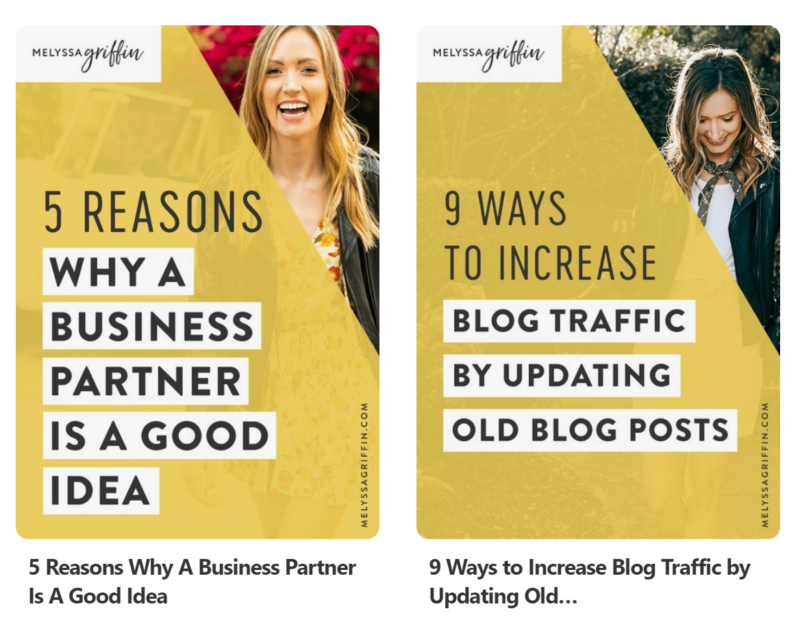How is cognitive psychology used in advertising?
by Admin
Posted on 09-07-2023 07:00 PM

Advertising is successful, hopefully due to the way that our brains work. Despite how different we all are, we react in strikingly similar and predictable ways to certain stimuli. These “automatic” reactions are integral to our survival, allowing us to focus our attention on important information while quickly dealing with the rest. Understanding these behavioral commonalities can help you get to know your
customers
, even if you never meet. Cognitive psychology uses the scientific method (experimentation, not introspection) to determine how we make sense of the world around us—why we decide, perceive, remember and think the things that we do.

How is social psychology used in advertising?
July 30, 2021
to understand the psychology behind tiktok advertising, let’s take a deeper look at what type of video content dominates tiktok. Since the app’s release, its influence on audiences, generation z in particular, is considerable. This popular social media platform gives video content creators a place to share engaging videos, with some of them becoming viral, thanks to people's reactions and interactions.
 It’s no secret that psychology and
marketing
are in close connection. Creators on tiktok have the chance to become online influencers and make their fans and followers mimic their behavior. Entertaining and original videos packed with trendy effects and popular music are an excellent tool for brands looking to attract more customers in new ways.
It’s no secret that psychology and
marketing
are in close connection. Creators on tiktok have the chance to become online influencers and make their fans and followers mimic their behavior. Entertaining and original videos packed with trendy effects and popular music are an excellent tool for brands looking to attract more customers in new ways.
Journal information as the premier journal devoted to the development of advertising theory and its relationship to practice, the journal of advertising serves as a public forum where ideas about advertising can be expressed and debated. The journal covers all research related to the various types of advertising, giving special attention to research dealing with the economic, political, social , and environmental aspects of advertising, and methodological advances in advertising research. Other topics of interest recently covered include the assessment of advertising effectiveness, advertising ethics, and global issues surrounding advertising. Publisher information building on two centuries' experience, taylor & francis has grown rapidlyover the last two decades to become a leading international academic publisher.
How Is Psychology Applied In Advertising And Marketing?
Capturing attention is a crucial task in marketing psychology , and here we see the principle of contrast applied in a range of different scenarios and promotional tactics. Think of something simple, like a billboard. What is going to be more likely that you'll pay attention to? one that looks like all of the other billboards along the road, or the one that breaks this pattern? or consider product packaging. When consumers are scanning the aisle, where are their eyes naturally falling? all things being equal, they’re going to be drawn to the highest contrast packaging. It's worth recalling that by definition, contrast is all relative.
“there is this inherent tension in advertising between these ideas that celebrities are there to bolster and endorse the product, yet they are also known to take attention away from the product. Our main question was to untangle those two things: do people spend a lot of time looking at the celebrity, and does that change their gaze?” said elizabeth (zab) johnson , executive director and senior fellow at the wharton neuroscience initiative. She is co-author of the paper , “how celebrity status and gaze direction in ads drive visual attention to shape consumer decisions,” along with wharton marketing, psychology, and neuroscience professor michael platt ; simone d’ambrogio , doctoral candidate in experimental psychology at the university of oxford; and noah werksman , former undergraduate research assistant at the wharton neuroscience initiative and joseph wharton scholar.
View all blog posts under bachelor’s in marketing | view all blog posts under bachelor’s in psychology | view all blog posts under infographics according to a 2018 forbes survey of 1,628 millennials and 906 gen xers, about 60% of millennials prefer to purchase products that represent an expression of their personalities. When advertising products and services, marketers with a psychology background are better able to engage with customers across multiple generations to grow their brands. What appeals to millennials won’t necessarily appeal to gen z. To learn more, check out the infographic below created by maryville university’s online bachelor of arts in psychology degree and online bachelor of science in marketing degree.
Have you ever been persuaded to purchase something, even when you weren’t even planning to buy? if your answer is yes, then you have probably experienced psychological advertising at its very best. And the art of using psychology in advertising is no new thing. Two famous american psychologists are credited as being some of the first to explain how advertising is far more effective when the consumers’ psychology is taken into account. John b watson (1878-1958) was an american psychologist who conducted psychological research into advertising amongst other things. He had a controversial career, in part due to his academic work on conditioning children, and also for a scandalous divorce.